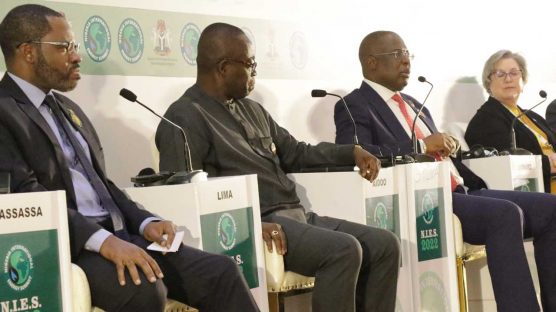The mobile sector’s ongoing progress towards net zero gives the Global System for Mobile Telecommunications Association (GSMA) hope.
According to the GSMA, the sector is moving towards net zero as mobile operators continue to set ambitious goals, with 12 more operators pledging to drastically reduce their emissions by 2030 since the previous year. The entire sector is currently aiming for 2050.
A component of the UN-led Race to Zero effort is the pledge to achieve net zero carbon emissions by 2050 at the latest. A net zero aim involves emissions reductions across the whole value chain, per the campaign’s criteria.
Chief Regulatory Officer, GSMA, John Giusti, commenting on the ‘Mobile Net Zero: State of the Industry on Climate Action 2023 report,’ said surprisingly, one of the key challenges to overcome in decarbonizing the sector is access to renewable electricity.
Giusti however, said the good news is that the industry is moving forward, with operators now directly purchasing 24 percent of their electricity from renewable sources, up from 18 percent in 2021 and 14 percent in 2020, which is in addition to renewables supplied through the electricity grid mix.
Read Also: get-ready-for-flooding-fg-reminds-states
“However, operator demand is outstripping supply. We continue to call on governments to help expand renewable electricity access to facilitate private sector purchases,” he stated.
The GSMA Chief Regulatory Officer said as the world heads into the future, collaboration is crucial to tackling the challenges that lie ahead. “I am pleased that we now have more than 60 mobile operators driving systemic transformation through the GSMA Climate Action Taskforce. Together, we can succeed. The GSMA invites more operators to join, no matter where they might be on their journey.”
He said the body would continue to call for progressive policy from governments to build a regulatory environment that helps operators decarbonize, as well as recognize the power of connected digital solutions to help decarbonize other industries.
According to the telecoms association, MTN, Orange, Vodacom, and Vodafone are committed to 2040, while Safaricom, Bharti Airtel, Millicom, Zain, Telkom SA are eyeing 2050.
GSMA noted that energy efficiency has become a core strategic priority across the telecoms ecosystem, stressing that major mobile network operators have recognized the importance of network solutions improvements, realizing that more efficient equipment is a major purchasing criterion for cost savings and reputational reasons.
It stressed that there are financial reasons as well for operators when addressing energy efficiency, adding that energy still accounts for, on average, 20–40 percent of telco opex and 80–90 percent of network spending excluding site rental costs.
Story adapted from The Guardian
